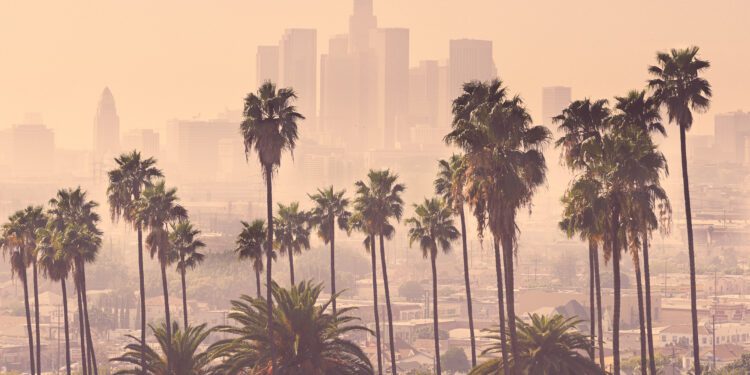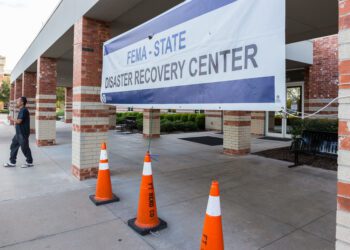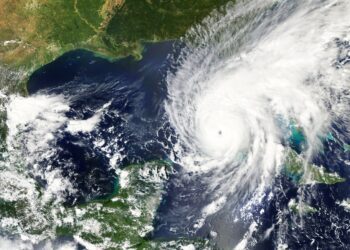Supreme Court justices are considering an emergency request from Indiana, Ohio and West Virginia, which are asking to put a pause on the White House Administration’s “good neighbor plan,” aimed at reducing smog. Nine other states are against the request, saying that halting the plan will not only increase their own pollution control costs but also worsen asthma and other health problems for their residents.
The three states that filed the request claim that complying with the requirements is simply too expensive. “We’re spending immense sums, both the states as well as our industries,” said Ohio’s Deputy Solicitor General Marthura Sridharan. “And on top of that, we are facing the threat of power shortages and heating shortages.”
The requirements are already on hold in about half of the 23 states affected by the plan, which, according to Justice Brett Kavanaugh, complicates matters. “The problem is, we’re not sure if the requirements would be the same with 11 or 10 states as with 23,” he said. “It’s just not explained.”
Smog is one of the most dangerous and widespread pollutants in the United States, according to the American Lung Association. More than 100 million Americans live in areas that repeatedly experience unhealthful ozone levels, the main component of smog, and it can worsen lung diseases, cause breathing problems and shorten lifespans.












